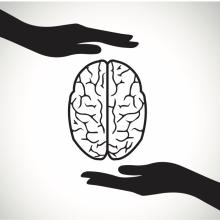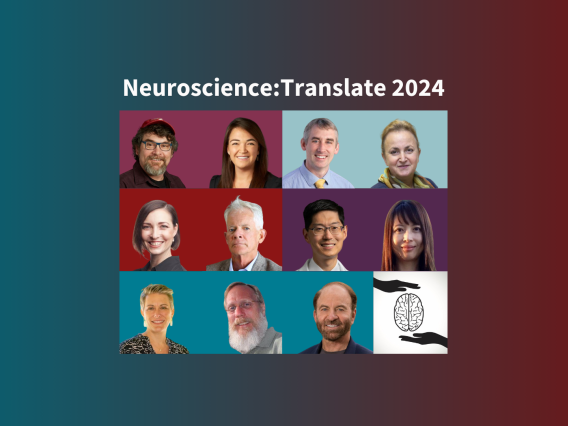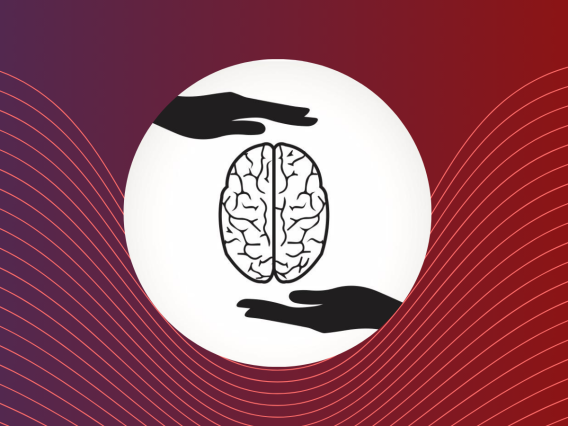The Neuroscience:Translate grant program supports research projects at the intersection of biology, engineering and medicine to address practical unmet needs in brain health and the neurosciences.
The program funds cross-disciplinary teams to develop new devices, diagnostic procedures, software, pharmaceutical therapies and other products that can be brought rapidly to market through new startup companies or partnerships with existing entities. Grants of $100,000-$120,000 are awarded annually to approximately three teams. Teams who have previously received Neuroscience:Translate awards may apply for a one-year renewal to continue advancing their technology.
This program was inspired by the successful Stanford Coulter Translational Research program, a partnership between Stanford Bioengineering and the Coulter Foundation managed by the Stanford Mussallem Center for Biodesign. The Wu Tsai Neurosciences Institute has partnered with Stanford Biodesign to bring this same approach and expertise to bear on the field of neuroscience and brain diseases, with guidance from a Neuroscience:Translate oversight committee comprising scientific and industry leaders in health technology development.
No-cost extensions
No-Cost Extension requests may be granted upon application. Applications will be strictly reviewed for compliance with the award deliverables and project. Applications are due one month prior to the award end date by downloading, completing, saving, and submitting the linked form template.
Questions? Contact Program Manager, Linda Lucian: llucian@stanford.edu.
Apply for the 2026 Neuroscience:Translate Awards
Applications for the 2026 Awards are open from September 22, 2025 to October 20, 2025.


